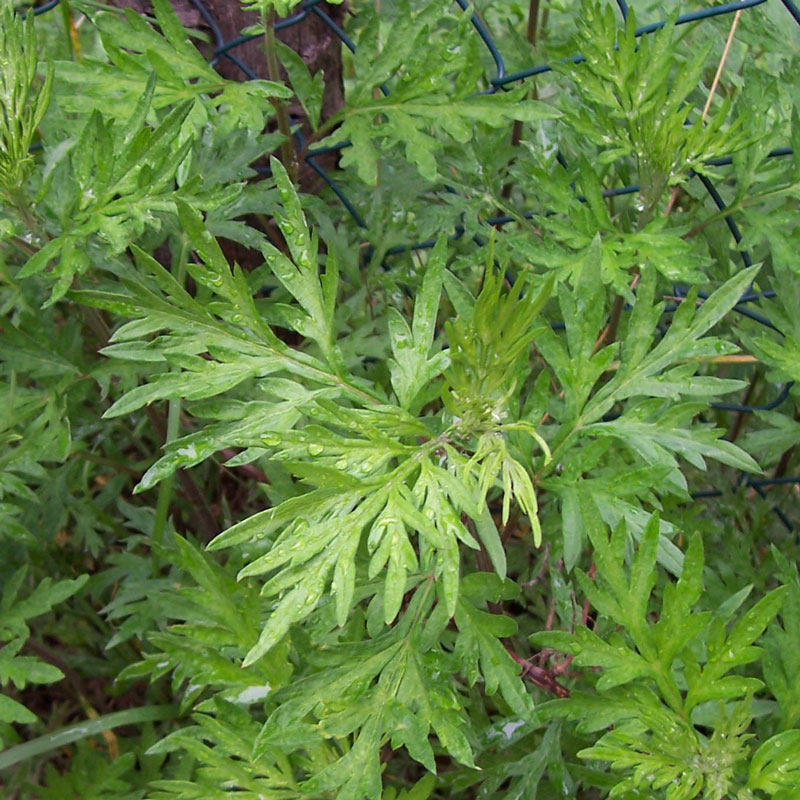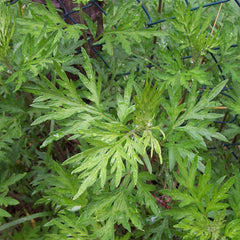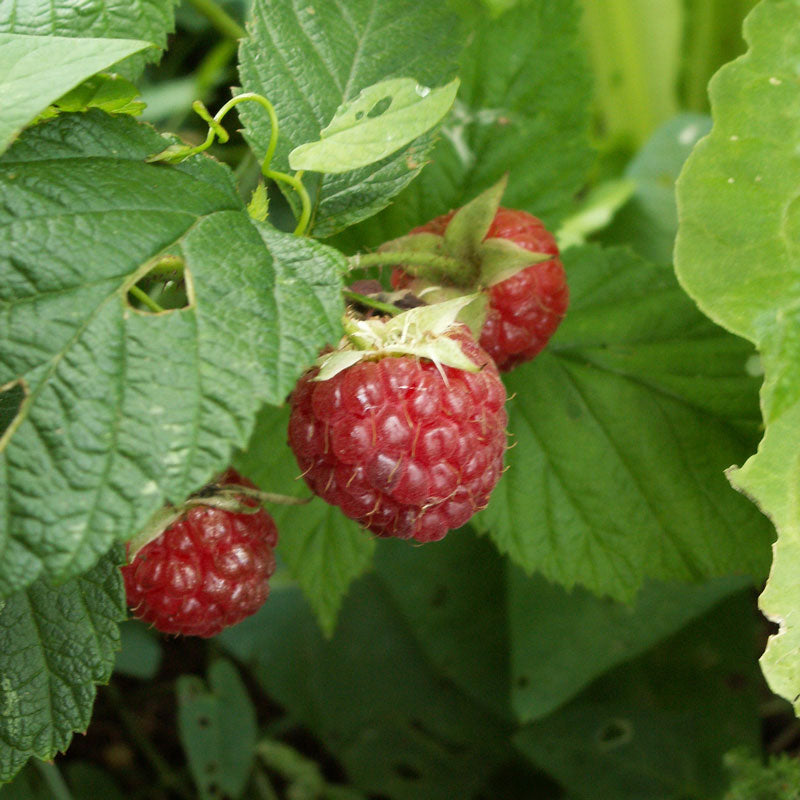

Mugwort (Artemisia vulgaris)
- $14.00 CAD
- $14.00 CAD
- Unit price
- per
50g, 100g, 250g
Couldn't load pickup availability
Parts used: Root & leaves
Properties
Abortifacient, anthelminthic
Primary nutrients
Lipophilic flavonoids, sesquiterpene lactones
Popular in witchcraft, mugwort is said to promote lucid dreaming and astral travel. Smoking or eating mugwort before going to sleep is supposed to make dreams more intense and help the dreamer remember them upon waking.
Mugwort contains wormwood oil, thujone, flavonoids, triterpenes and coumarin derivatives. Thujone is toxic. Expectant mothers particularly should avoid consuming large amounts of mugwort. It can cause uterine contractions, so it has been used to induce abortion. The plant is recommended less often now due to toxicity concerns.
Mugwort leaves have been recommended for colic, diarrhea, constipation, stomach cramps, weak digestion, worm infestation and persistent vomiting. Mugwort has been used to stimulate secretion of bile and gastric juices; as a laxative, liver tonic, and sedative; to promote circulation; and for hysteria, epilepsy, convulsions in children and menstrual problems. Mugwort root has been used as a tonic to boost strength and energy. Combined with other ingredients, it has been used for neuroses, neurasthenia, depression, hypochondria, irritability, restlessness, insomnia and anxiety.
Primary Applications
Anxiety
Colic
Constipation
Depression
Diarrhea
Digestion
Epilepsy
Hysteria
Insomnia
Menstrual problems
Vomiting
Worms
50g, 100g, 250g
RELATED PRODUCTS
- Choosing a selection results in a full page refresh.



